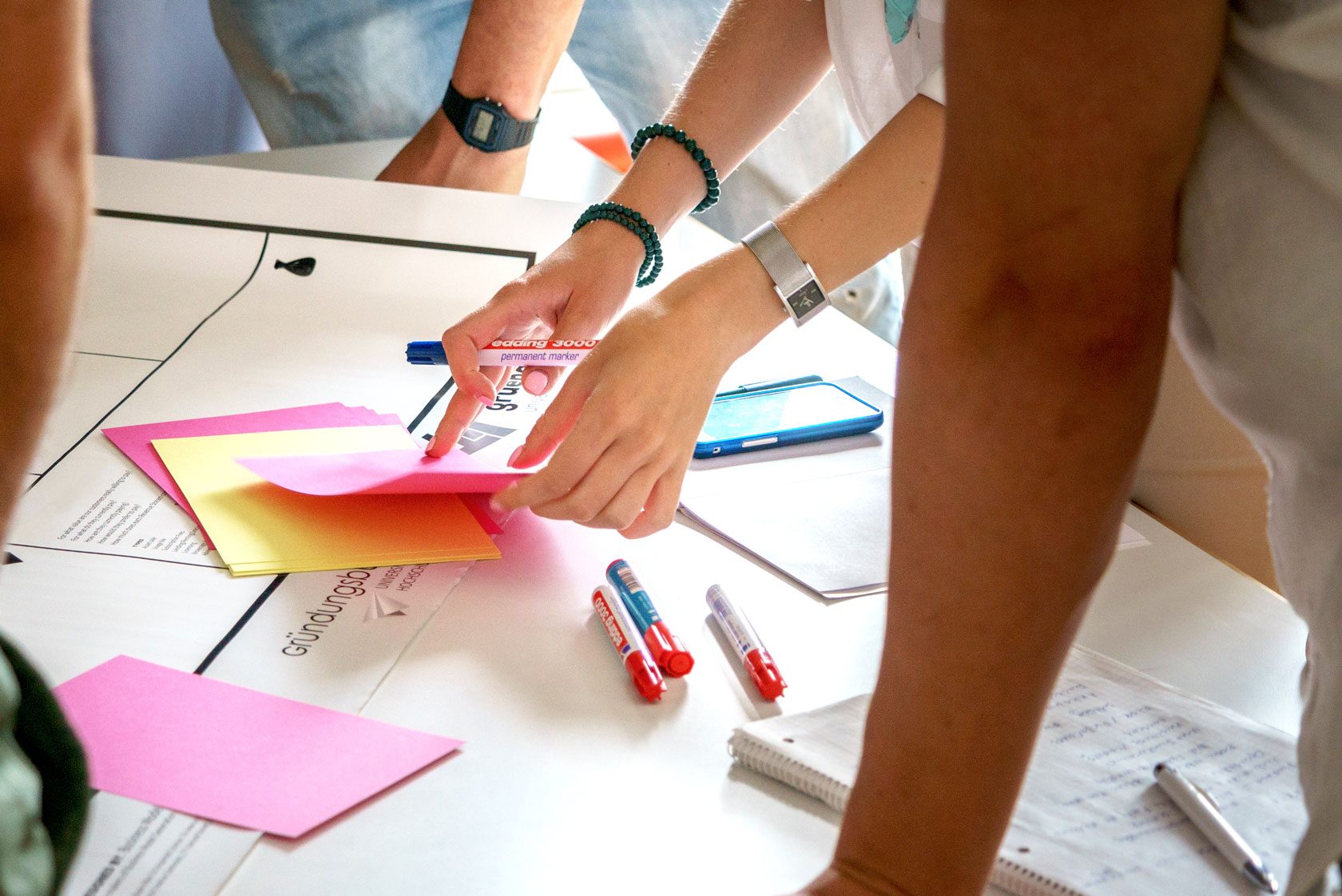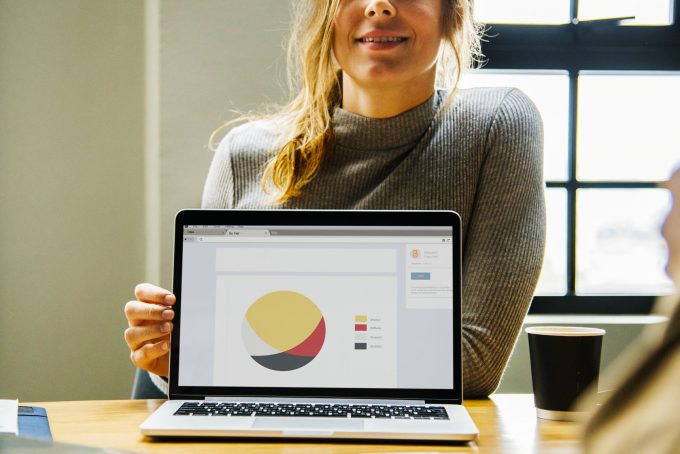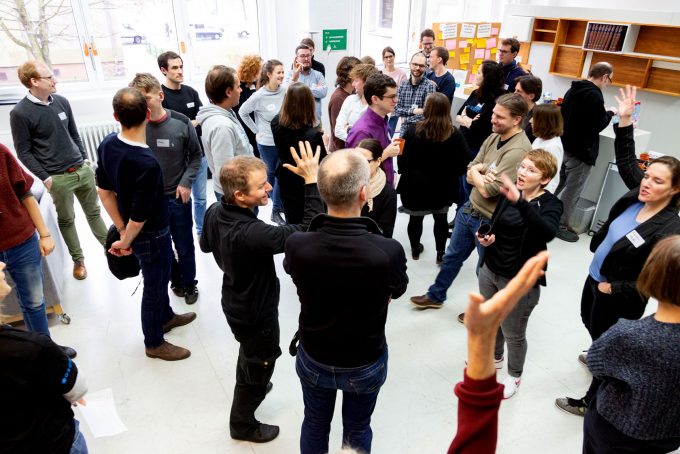
Science Shops: New Drive for and by Citizen Science?
Science shops bridge the gap between science and society, and are therefore able to act as a central point of contact for citizen science. The concept isn’t new, but has been able to gain more importance thanks to EU project funding and in the light of open science.
“Science shops” are institutions that bridge the gap between science and civil society. Science shops provide access to science and technology, and are either free or charge a small fee. By providing information about new discoveries and asking critical questions, one of the things that they do is make scientific research available for social issues. Another thing they do is take issues from society and ideas for research projects and introduce them to science.
This strengthens dialogue and knowledge transfer between the two areas. Research topics are able to become more tangible and researchers can be better linked to society. Science shops are mainly part of a university or non-governmental organisation. Some science shops specialise in certain disciplines. However, they generally don’t have any limitations when it comes to topics.
Science shops and citizen science
The first science shops were established in the 1970s in Dutch universities. Within the context of open science, with particular reference to citizen science as well as makerspaces and learning 4.0 the concept of science shops was able to gain new impetus, especially with European Commission funding.
The involvement of citizens in science strengthens science shops, for example through their participation in projects on Responsible Research and Innovation (link in German). Even methods used in science shops, such as those used by the Wissenschaftsladen Bonn (link in German), are suited to citizen science.
Expanding the concept of science shops
With the new EU project SciShops he concept of science shops is now being extended across Europe (link in German).
Sneak peak from the #SciShops kick off meeting: 18 partners from 12 EU countries working intensively to bring communities closer to science pic.twitter.com/bYtm2yhlCq
— SciShops.eu (@SciShops_eu) 14. September 2017
It unites 18 project partners from 13 European countries. Guidelines for new science shops should include the transfer of know-how on how science shops can work in a targeted and efficient way. In addition, at least ten new science shops are also being set up by project partners.
Science shops connect and are connected
Science shops are connected by networks like Living Knowledge. The goal of networks is to boost public engagement and support involvement on all levels of research and innovation.
To support science shops, Living Knowledge has released a toolbox with information resources for establishing and running a science shop.
Science shops in Germany
The Bonn Science Shop WILA which has been around since 1984, is an example of how the concept is implemented in Germany. Its work is dedicated to key challenges in society, such as the staggering use of land, energy transition, sustainable fields of work, and social justice. It is a not-for-profit organisation that covers its costs but doesn’t work in a way that is profit-oriented. Only the associated education centre receives regular institutional partial funding as a recognised further education institution. Other working areas may be financed by third-party funding projects, for example, and also by information, measuring, and consulting services, and presentations. It was originally formed due to the outrage at scientists researching ‘in an ivory tower’. With around 35 permanent employees, it is the largest science shop in the world.
The Nuremberg Science Shop (link in German), sees itself as an open space in which science projects with a focus on nutrition and agriculture, urban development, energy and technology can be executed, and various ways of individuals approaching science themselves can be developed. This is how science should be experienced by everybody and this is how their concerns and issues should be put forward to science.
The participatory ‘Open Access to Science’ concept is the main focal point for work at Science Shop Vechta/Cloppenburg (link in German). This service institution shows the University of Vechta’s social commitment in the region.
View Comments

Sharing and Discovering Science Methods: Open Science Platform Protocols.io
Using up-to-date research methods is essential for researchers. However, advancing...



